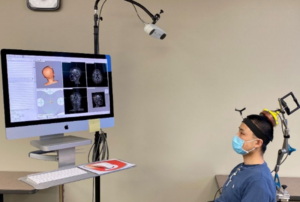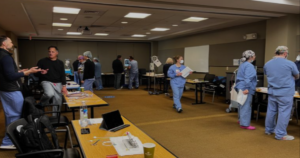Summary
The study aimed to prospectively assess the safety, morbidity, and complication rates associated with both initial and repeat transrectal ultrasound-guided prostate needle biopsies. In the European Prostate Cancer Detection Study, 1,051 men with total prostate-specific antigen (PSA) levels between 4 and 10 ng/mL underwent transrectal ultrasound-guided sextant biopsies, along with two additional transition zone biopsies. Biopsy samples were also obtained from suspicious areas identified during transrectal ultrasound and digital rectal examination. Among the 820 patients whose initial biopsy samples were negative for prostate cancer, re-biopsies were performed after 6 weeks.
The results showed that initial biopsies were positive for prostate cancer in 231 individuals and negative (including benign prostatic hyperplasia or benign tissue) in 820. Among the 820 patients who underwent re-biopsy, prostate cancer was detected in 10% (83 cases). The majority of patients reported minor or no discomfort during both first and repeat biopsies. Immediate morbidity was generally minor and included issues such as rectal bleeding, mild hematuria, and vasovagal episodes, with no significant differences between first and re-biopsy. Delayed morbidity, including fever, hematospermia, and urinary tract infection, also exhibited minimal differences between the two procedures.
Major complications were rare and included urosepsis and rectal bleeding requiring intervention. The study identified an age-dependent pattern of pain apprehension during the biopsy, with higher discomfort reported by patients younger than 60 years. In conclusion, the study found that transrectal ultrasound-guided prostate biopsy is generally well-tolerated, with minor morbidity that rarely requires treatment. Re-biopsy can be performed 6 weeks after the initial procedure with no significant differences in pain or morbidity. Patients under 60 years of age may experience a higher level of discomfort and should be counseled accordingly, with the option of local and topical anesthesia for pain management.











